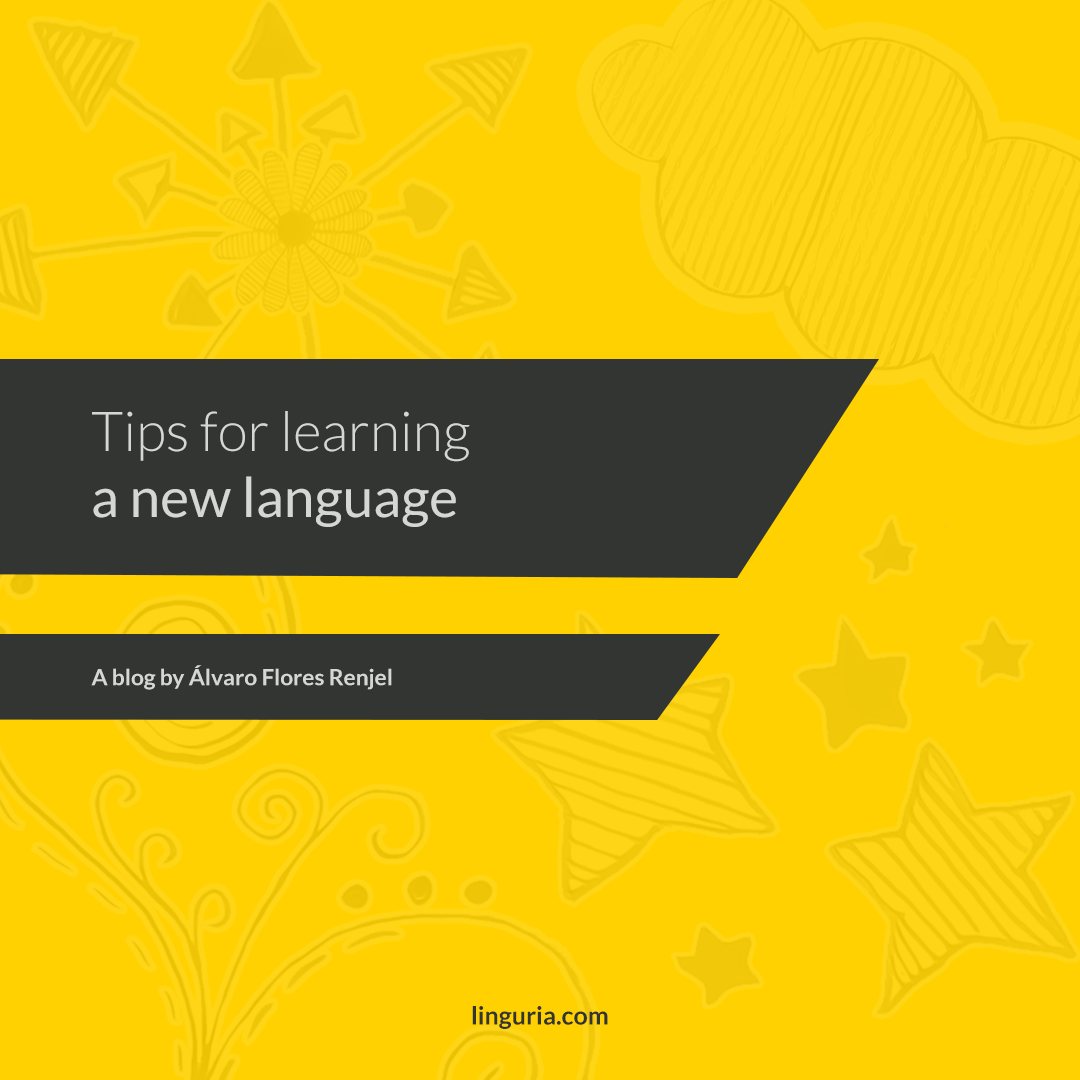After giving it some thought, I’ve decided to make a small list with the best advice I could come up with for learning languages. Whatever your goals might be, this is what has helped me and others to communicate in a different language:
- The first thing you should ask yourself is “Why do I want to learn this or that language?”. Is it for traveling? Studying abroad? Someone you want to impress maybe? Or you’ve just always wanted to learn that certain language? If you have set your goal, a.k.a motivation, from the beginning, the rest should come easy. I once had a student who had learned Korean just because of how much she loved the soap operas from this country (and the actors!).
- Something I found out recently is the power of tutors. I worked for a while teaching English in one-to-one classrooms, or with small groups (8 people top.) But for this method to work you’ll need first, the means ($$$), and second, the right motivation as I mentioned (at least 3 to 4 hours a week). However, with the right person next to you, you could be speaking in a few months. I mean, it’s one person speaking with you, listening to you and helping you to improve (and other students from whom you can also learn).
- A good memory. Without a doubt, learning a new language is learning rules, grammar structures, syntax, vocabulary, etc. Usually, it’s here where people get it wrong. Whether you think it’s the most important part of learning a language (it’s not!) or you just try to memorize like a machine, it’s not going to work. Use flashcards, create mind maps, connect the dots inside the language, or even play games. Use anything that can make it easier (and funnier!) for you to learn and don’t end up burned out.
- Lastly, dive in! This means using the language daily. It would be amazing if you could travel to a country where the language is spoken, but if it’s not possible then here are some options:
- Date someone who speaks the target language and not your native language.
- Read newspapers and magazines, they are a good supplement, listen to music, watch movies & TV series with subtitles, read children's books, follow social media personalities, etc.
- Use language apps such as Duolingo, Memrise and Quizlet.
- Find a language exchange partner: join a conversation club or volunteer with immigrants in your city, but talk, talk and talk.


